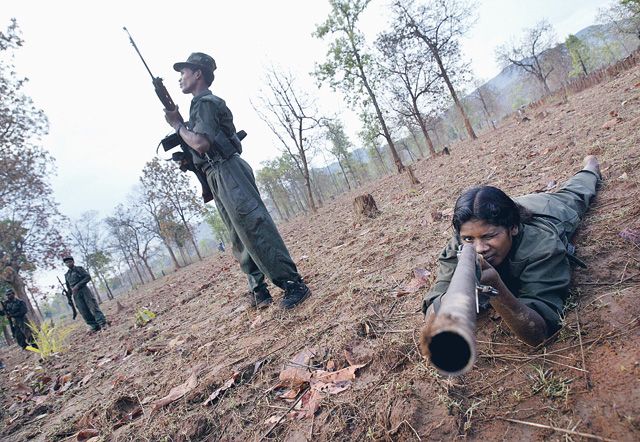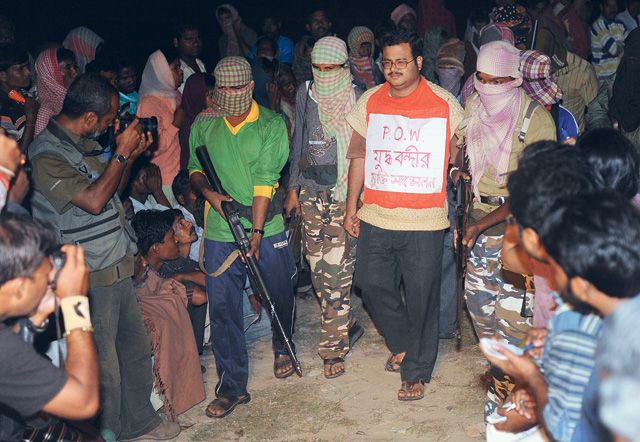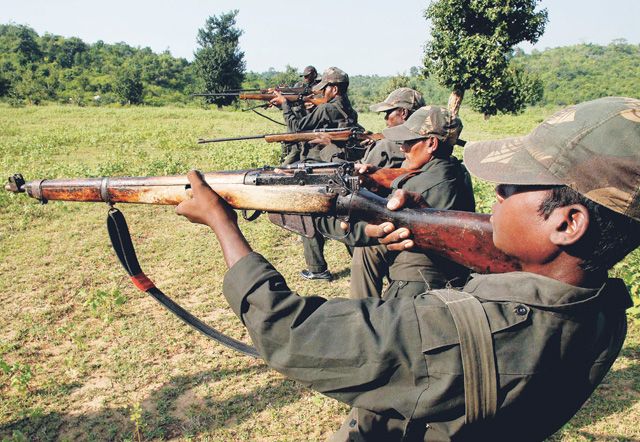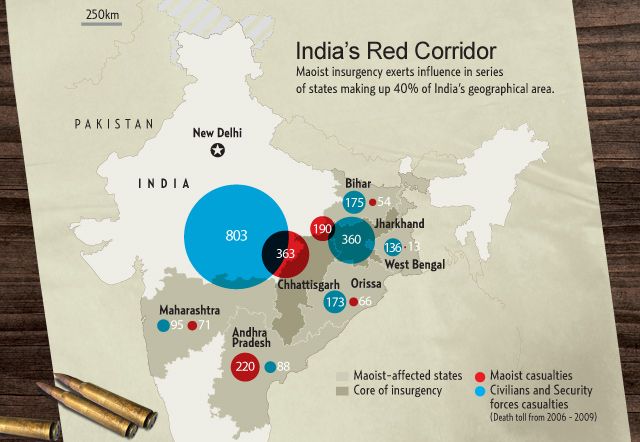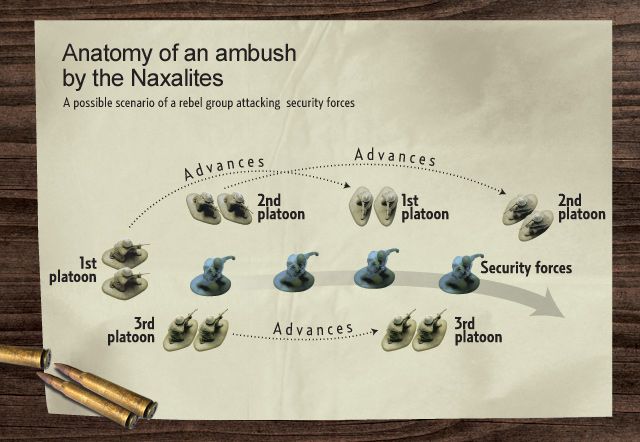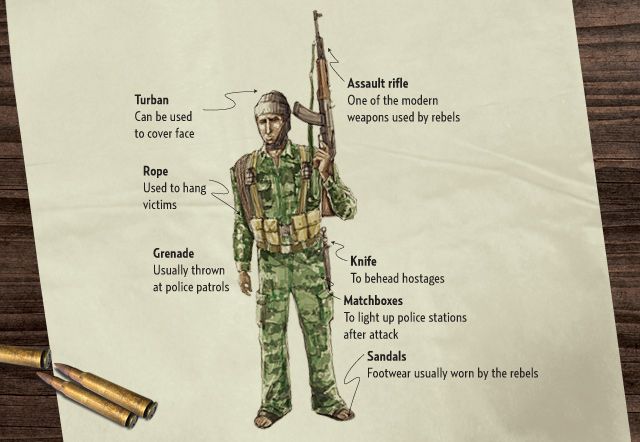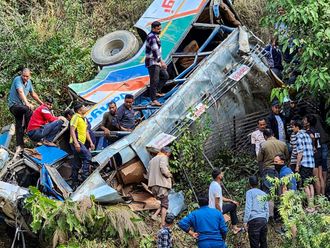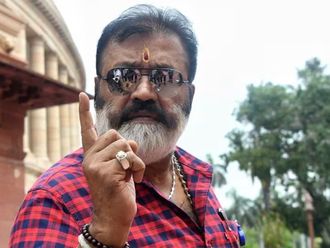Hyderabad: Even as the armed cadres of the Communist Party of India-Maoist created mayhem and a war-like situation with a series of major attacks along the "Red Corridor" spread from Gadchiroli in Maharashtra to West Bengal through Chattisgarh, Orissa, Jharkhand and Bihar, it is all peaceful and calm in Andhra Pradesh, once the bedrock of the left-wing armed struggle.
With concerted efforts of the state police breaking their back and most of their leaders either killed or forced to flee the state, the Maoists in Andhra Pradesh appear to be the weakest in their four-decade long history in the state. But state police officials and the intelligence apparatus now strongly believe that this silence could be deceptive and it can turn out to be "calm before the storm".
As the central government is rapidly gearing up for a massive operation against the Maoists in other states by involving the para-military force including the Commando Battalion for Resolute Action (CoBRA) elite force, of the Central Reserve Police Force (CRPF), there are reports of an unusual increase in the movement of the Maoist cadres in the North Telangana and North Andhra districts bordering Maharashtra, Chattisgarh and Orissa.
A senior official involved in the anti Maoist operations told Gulf News that Maoists were getting desperate to re-establish their presence. "They are looking for places where they can take shelter to escape the forthcoming operation. Secondly, they also want to resume their activities and rebuild their organisational structure, which has been lying in tatters for more than three years now. And thirdly, they want to carry out a dramatic attack against some big target in Andhra Pradesh to reject the claim of the police that it has an upper-hand here".
Strike back
Two senior Maoist leaders have also claimed that their group were soon to strike back. "Situation is now conducive for us in Andhra Pradesh and we are getting the support from the people once again against the anti-poor and pro-World Bank policies of the state government," Mallojula Koteshwara Rao, alias Kishenji, the politburo member of CPI Maoist told Gulf News from his hideout in West Bengal over the phone. "I appeal to the masses to stand up and join the fight."
Muppala Lakshman Rao alias Ganapathy, the underground all-India chief of CPI Maoist, has also in a recent interview expressed confidence that the Maoists will resurrect themselves in Andhra Pradesh. "Advances and retreats are common in a revolutionary movement. The setback in Andhra Pradesh is temporary and the objectives with which the revolution began in the state have not undergone any basic change", Ganapathy said.
Additional director-general of police, A.K. Khan, put a brave front. "They [Maoist leaders] have been making such statements of coming back only to create confidence among their own cadres. But the fact remains that the police have a complete control over the situation."
Observers say that since the breakdown of first-ever peace talks between the state government and the Maoists in 2004, there has been a major change in the situation.
The shift of focus from the uni-dimensional approach of treating Maoists as a law and order problem to a multi-pronged strategy had gone a long way in improving the situation. As former state police chief Swaranjit Sen, whose tenure saw Maoists suffering huge setbacks, puts it, modernising the police force and improving the intelligence gathering network did wonders.


